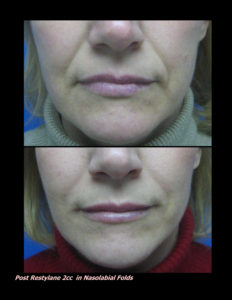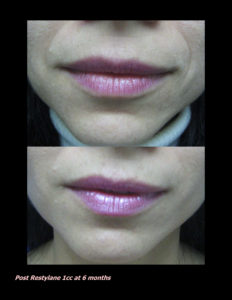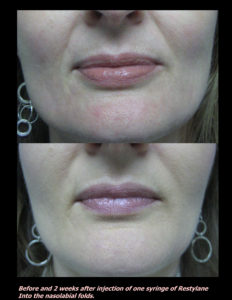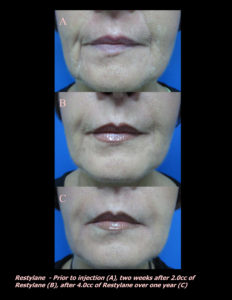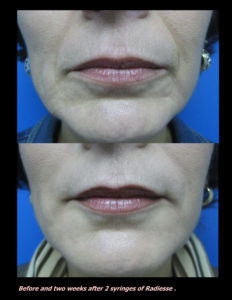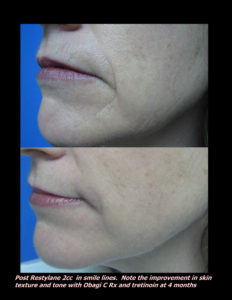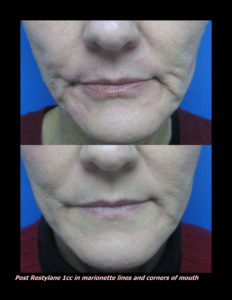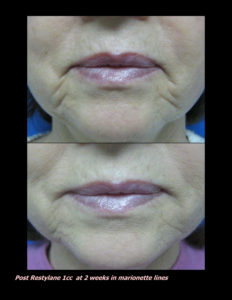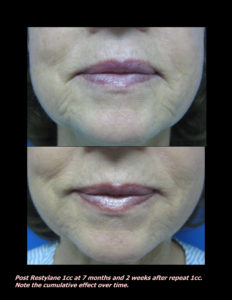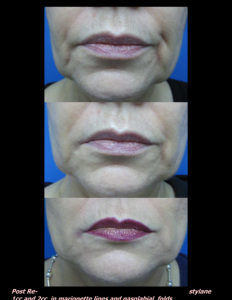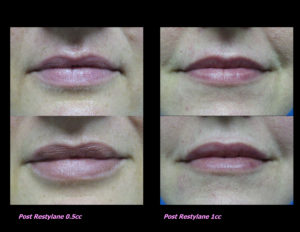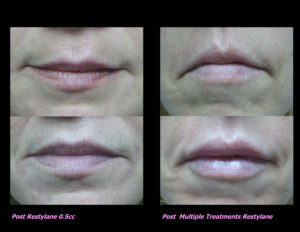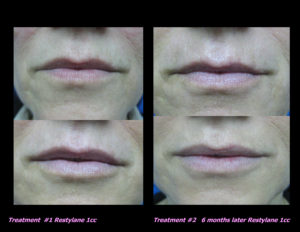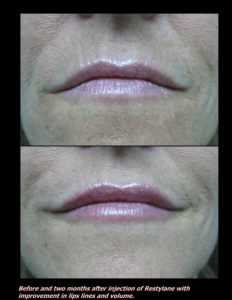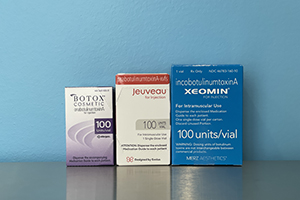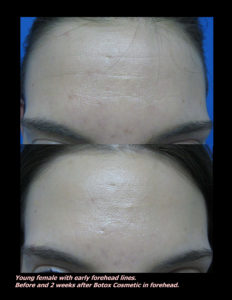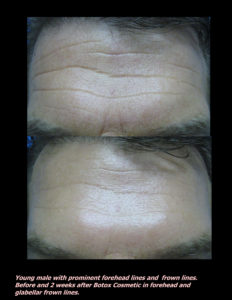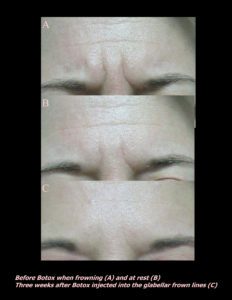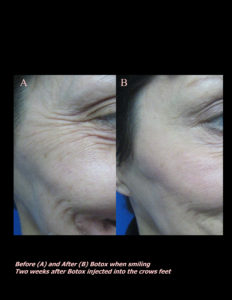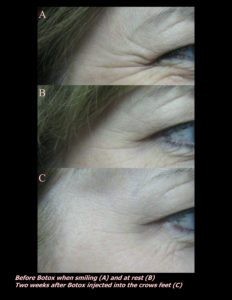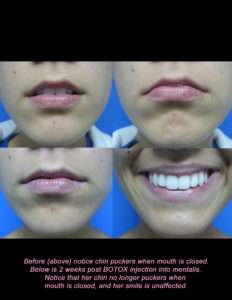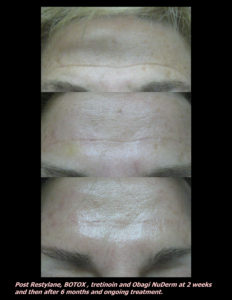As the school year begins, it’s important to be mindful of the common contagious conditions that can easily spread among children. Head lice, molluscum contagiosum, and warts are some of the most frequent culprits. While these issues can cause concern, understanding how they spread and taking preventive measures can go a long way in keeping kids healthy and confident. In this blog, we’ll explore each of these conditions, offering practical advice to help you and your family navigate the back-to-school season with ease.
Lice
Three different types of lice can be seen on humans: Head lice, body lice, and pubic lice. Traditional lice found on the scalp are caused by Pediculus humanus capitis. Lice are spread from person to person contact primarily. I recommend avoiding sharing combs, brushes, hats, and hair ties. Good news! Lice can’t jump, especially 6 feet; they only crawl.
Molluscum Contagiosum
Molluscum Contagiosum is a viral growth that occurs on the skin and causes flesh-colored umbilicated shiny papules. Numbers often quickly increase from a few to a few hundred and typically occur in areas sensitive skin and friction – axilla, groin, inner elbow, behind the knee. Popping or scraping open one of these bumps can release hundreds if not thousands of viral particles. Cover any molluscum infected areas as much as possible with a waterproof bandage. Spreading is common, particularly to oneself, much more than others. Molluscum spread requires skin to skin contact and enters through an opening in the skin. Proper washing is usually enough to prevent spread from person to person. To learn more about Molluscum, check out our prior post.
Warts
Human Papilloma Virus also causes warts. Warts can occur anywhere, but they most commonly are seen on the hands, feet, and lower legs. Openings in the skin of the feet allow the virus a portal of entry into the skin. Proper washing is usually enough to prevent spread from person to person.
Treat all warts when they are small. Many OTC preparations of salicylic acid are available, and all are pretty equally effective. For larger or multiple lesions, seek professional help.
In addition to these common contagious things, kids tend to get a little more concerned about their acne as school starts. I try to make a follow-up appointment for as many of my acne patients as possible at the end of summer to tweak things before school starts. To learn some basics about acne, see our Acne 101 post. So, here’s to school and avoiding all contagious things that tend to come with it!
If you know someone who may find this article helpful, please share it with them! Follow us on social media this week, and subscribe to our growing YouTube channel!
If you would like to receive these posts in your email inbox, Subscribe to our Site.
|
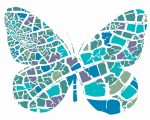






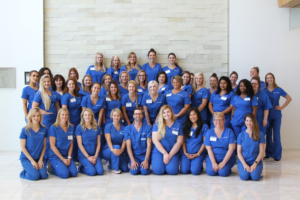

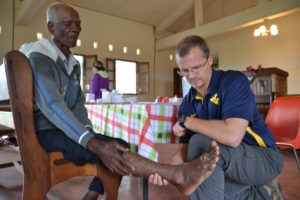


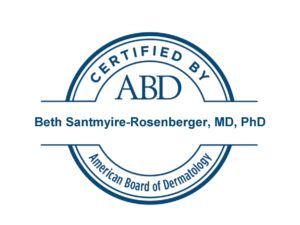

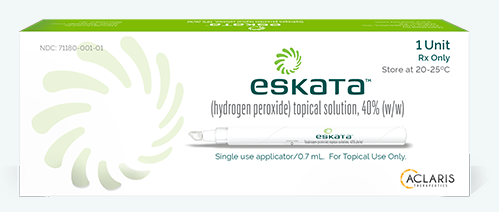

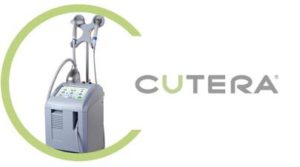 Laser Vein Reduction Treatments
Laser Vein Reduction Treatments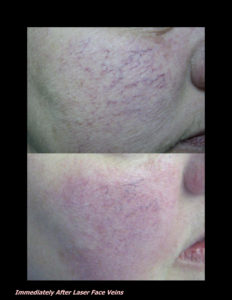
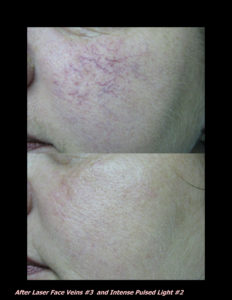
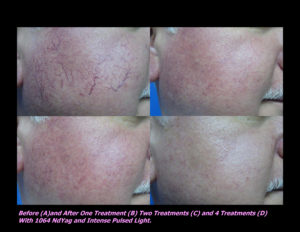
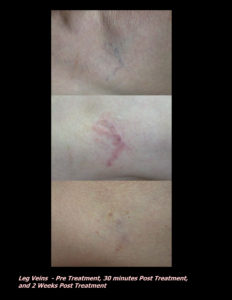
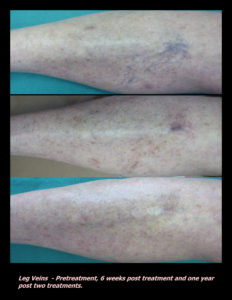
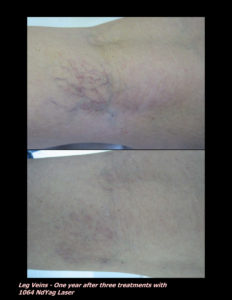
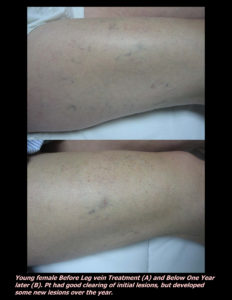
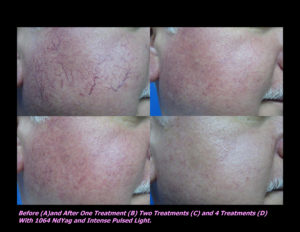
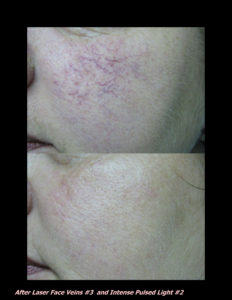
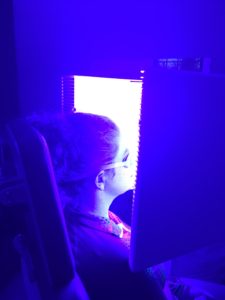
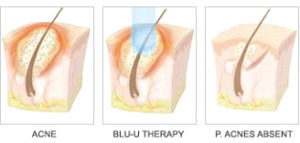

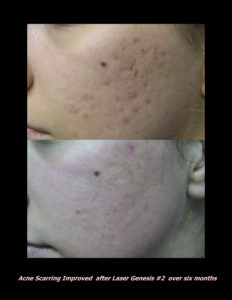
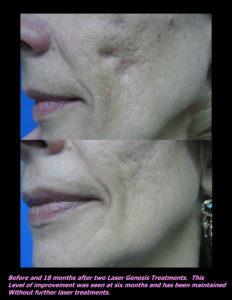


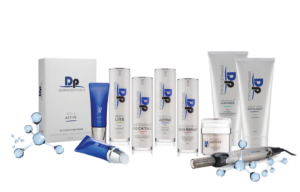 DP Dermaceutical Products
DP Dermaceutical Products



